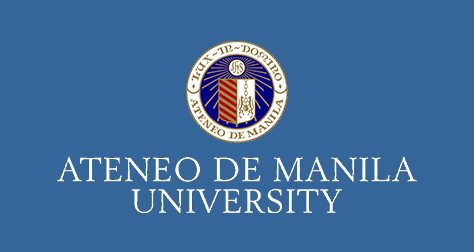Abstract
This conceptual paper contributes to the sustainability discussion by studying the relationship between sustainability and companies’ financial performance, looking for how companies’ sustainability adoption, reflected in CSR/ESG performance, can add financial value to shareholders. Results from the theoretical and literature analysis, using discounted cash flow techniques, indicate that sustainability adoption can be value-additive for shareholders, requiring fine-tuning to find financial equilibrium in three distinctive value channels: sustainability investment, financial, and revenue channels. However, managerial skills and resources may not be enough to ensure a positive result. As necessary conditions, this strategy requires achieving high performance in CSR/ESG indicators and the involvement of other key stakeholders to improve the possibility of success for the company that has decided to go sustainable. Nevertheless, if this state is attainable, shareholders’ and stakeholders’ interests can be aligned, and sustainability stands better adoption chances among reluctant companies.
Recommended Citation
Rodríguez Reyes, Luis Raúl
(2023)
"A Strategic Model for Sustainability Based on the DCF Model,"
Journal of Management for Global Sustainability: Vol. 11:
Iss.
1, Article 5.
DOI: https://doi.org/10.13185/2244-6893.1004
Available at:
https://archium.ateneo.edu/jmgs/vol11/iss1/5

